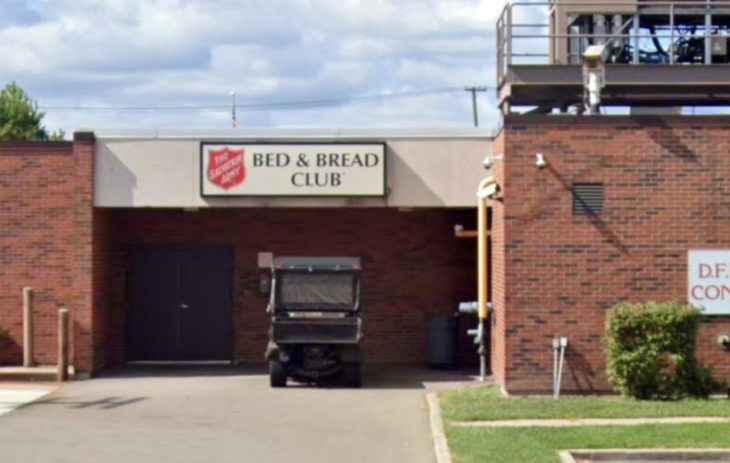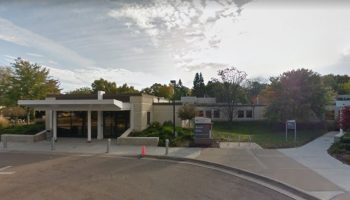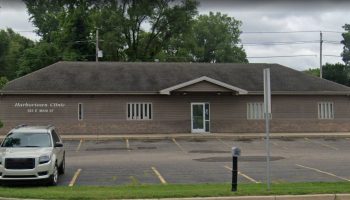About The Salvation Army Harbor Light Booth Services
Based in a quiet suburban part of Detroit, Michigan, The Salvation Army (SA) Harbor Light Booth Services provides temporary shelter to homeless women and children. Individuals can access wholesome meals, clean clothing, medical care, and counseling services. Case management is on hand to connect you with stable housing options, along with other community resources. Should you seek help here, you must be drug and alcohol free.
A Place of New Beginnings: Drug Rehab Services
With over 75 years of experience combined, this SA facility supports individuals within the Great Lakes Division, helping you become self-sufficient as you battle your addiction, and prepare to reenter society with a healthier mindset.
24/7 response services are available, with both walk-ins and referrals accepted. Treatment services are available to adult men and women.
Comprehensive Addiction Treatment Services in Michigan’s Largest City
Treatment services are thorough, covering your needs from detox to aftercare. Get clean through the facility’s sub-acute detox center with staff monitoring to ensure your safety during this vulnerable time. Once you’re sober and stabilized, you may opt for short or long-term residential care.
Intensive outpatient (IOP) and standard outpatient programs are also available, including a specialized IOP for pregnant individuals and women with young children. As part of these programs, you can access family supportive services, along with individual and peer counseling, as well as family and spiritual counseling sessions.
Medication assisted treatment (MAT) is also available using FDA-approved Suboxone and Vivitrol. You’ll also have access to primary care and case management services as needed.
Levels of Care
-
Inpatient
Inpatient and residential programs provide round-the-clock medical and emotional support as you live at the treatment facility. This level of care may be recommended if you have severe addictions or mental health conditions since it removes outside distractions and allows you to focus solely on therapy.
-
Outpatient
In outpatient therapy, you’ll attend therapy sessions several times each week while living at home. This is ideal if you have a strong support system and a lower risk of relapse. Outpatient treatment offers flexibility to maintain work, school or family obligations.
-
Aftercare
Aftercare programs provide ongoing support after you complete a rehab program. They may include several components to help you maintain sobriety including therapy, community support groups and relapse prevention strategies. This gives you a network of resources as you reintegrate into your daily life.
-
Dual Diagnosis
Dual diagnosis programs address substance use disorders and co-occurring mental health conditions simultaneously. This integrated approach to care improves the likelihood of long term recovery and stability by addressing the root causes of addiction.
-
Sober Living
Sober living homes provide a supportive and substance free environment for you to live in as you overcome your addiction. Residents must follow house rules and support each other's recovery journeys. Sober living fosters accountability and stability during this critical phase of recovery.
Detox Service Setting
-
Inpatient Detox
Inpatient detox occurs in a dedicated treatment facility. You’ll live there around the clock and receive intensive medical support and supervision to help manage your withdrawal symptoms. It is suitable for individuals with moderate to severe addictions as it ensures a stable detox environment.
-
Outpatient Detox
Outpatient detox gives you access to medically supervised withdrawal services while still allowing you to live at home. You’ll attend a clinic for treatment and monitoring. This flexible option is suitable for those with mild to moderate withdrawal symptoms who have strong support systems.
Programs
-
Adult (18+)
Adult programs address the substance use and life challenges specific to adults. Therapists can deliver sessions in individual, group and family settings. Services often include job support and life skills training in a structured environment.
-
Alcohol Detox
Alcohol detox programs offer medical support to help individuals withdraw safely from alcohol. Your care team may use medications to ease your symptoms and provide medical monitoring to address complications.
-
Cognitive Behavioral Therapy
Cognitive behavioral therapy focuses on changing harmful thought patterns and behaviors associated with addiction. You’ll learn healthier coping mechanisms by identifying and replacing negative thoughts. This improves your emotional resilience and decreases your relapse potential.
-
Men
Men's programs address substance use while also considering the social pressures, family roles and mental health concerns that are specific to men. You’ll learn healthy coping mechanisms as you build emotional resilience and develop communication skills.
-
Opioid Detox
Opioid detox uses medications to ease severe withdrawal symptoms. It also includes medical supervision to help you manage potential complications. These services allow you to stabilize and begin a recovery plan.
-
Women
Women's programs offer a safe and supportive space to focus on gender specific issues such as trauma, family roles and mental health conditions. Therapists tailor the sessions to address women's needs and foster empowerment in a healing and nurturing environment.
-
Young Adult (18 - 25)
Young adult programs are designed for individuals who are transitioning into adulthood. Topics of discussion typically include identity, independence and peer relationships. Providers may also offer life skills training and career support.
Payment Options
- Free
- Medicaid
- Private Insurance
- Self Pay
Accreditations
-
 CARF
CARF
Contact
3737 Humboldt Street
Detroit, MI 48208





